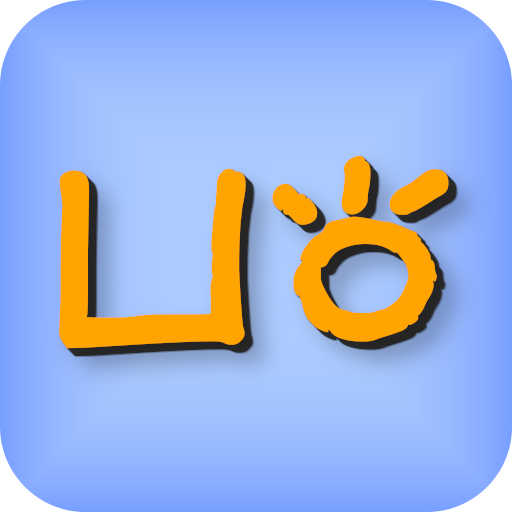
In this lesson we will cover the sounds of Toki Pona, as well as some basics to get you started on your journey.
Sounds of Toki Pona
Toki Pona, on top of having a smaller amount of words, also has a smaller amount of vowels and consonants than the average language. The consonants’ pronunciations are roughly the same as in English with the exception of the letter ‘j,’ which you pronounce as in ‘yes.’ The sounds of these letters are listed below:
| Consonant | Example Toki Pona word | Sound in English |
|---|---|---|
| j | jan – person | yes |
| k | kule – color | kite |
| l | lili – small | light |
| m | mama – parent | mom |
| n | nimi – name | no |
| p | pona – good | push |
| s | suno – sun | side |
| t | toki – talk | touch |
| w | wan – one | wish |
| Vowel | Example Toki Pona word | Sound in English |
|---|---|---|
| a | ala – not | want (w-AH-nt) |
| e | ken – can | end (EH-nd) |
| i | ijo – thing | keep (k-EE-p) |
| o | open – begin | open (OH-pen) |
| u | utala – fight | food (f-OO-d) |
Words
Now that we know how to pronounce Toki Pona words, let us learn a few of them!
- toki | toki – talk, language, story, communicate
- pona | pona – good, acceptable, yes
- moku | moku – eat, drink, food, edible
- telo | telo – liquids like water, lava, soup, oil, inks
- ala | ala/ali – no, negative, zero
- ale | ale – all, everything, one hundred
- jan | jan – person, human, somebody
- mi | mi – I, me, my, mine, [first-person pronoun]
- sina | sina – you, your, yours, [second-person pronoun]
- ona | ona – he, she, they, it, [third-person pronoun]
- Bonus: mu | mu – animal noise: moo, woof, meow, oink
Dense Meanings
If you noticed that each of those words have many meanings that all point to the same idea, you would be right. Because Toki Pona is a minimalist language, a single word will often carry different meanings that relate to the same idea. Other languages, on the other hand, usually have different words for similar ideas that have different contexts. Please note that, in this lesson and in Toki Pona in general, that these are not the only meanings, this is only a short list of some common meanings.
Connecting Words
In Toki Pona, the way you describe attributes about someone or something is a little different than in English. Instead, it is more similar to Spanish in that modifying words come after the word they modify. For example, if I wanted to call someone a good person, I would say that they are jan pona. If you are interested in common compounds, there are phrasebooks available such as this one from sona pona la or ku by jan Sonja. These lists can certainly be helpful, but the spirit of the language is that words’ meanings are (to a degree) influenced by your perception, which extends to compound words as well. So you can follow a phrasebook, or come up with your own compound based on what that thing means to you.
Conclusion
With just these words it is a little hard to make proper sentences. However, we now can describe basic needs like food, water, and communication. We can also refer to people using pronouns like you and me. These basics of Toki Pona will guide you forward with a solid foundation. This is only the start, if you want to learn more, check out Lesson 1 where we will cover subjects and predicates to create real sentences.
